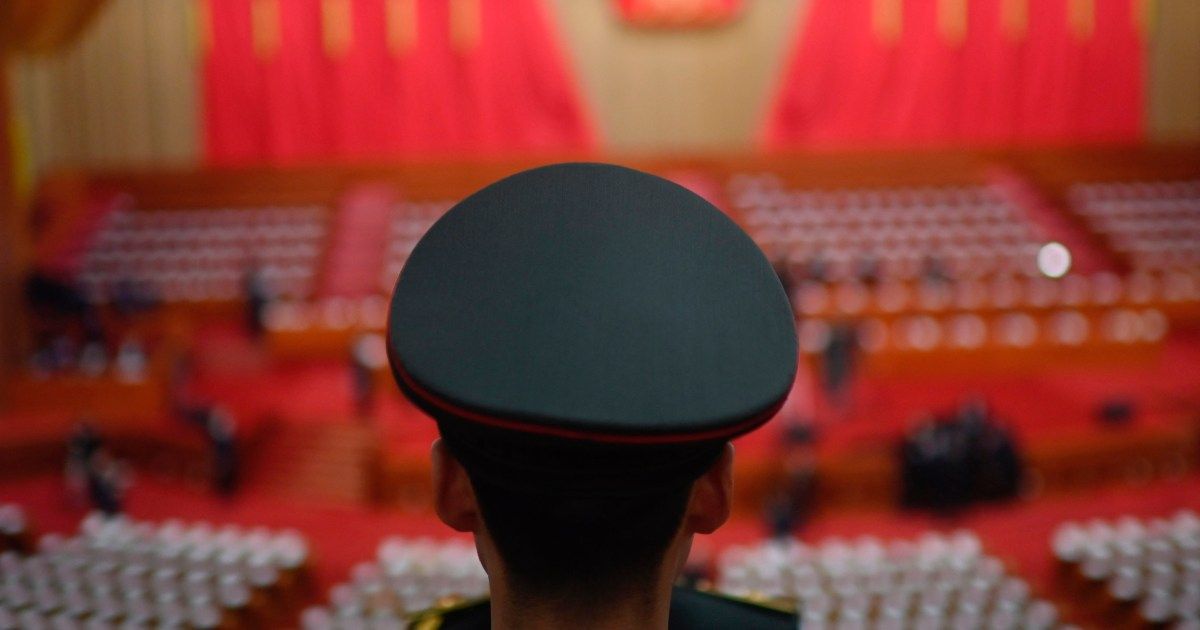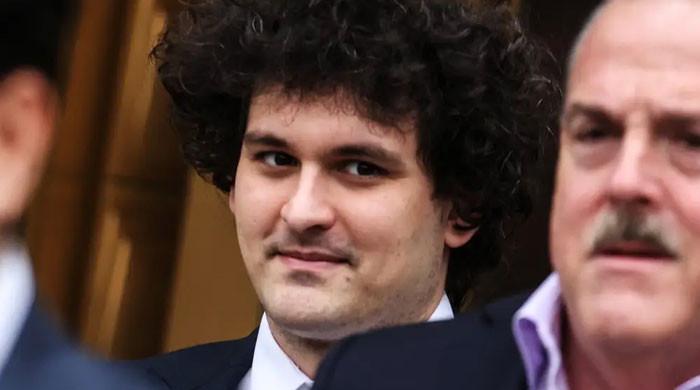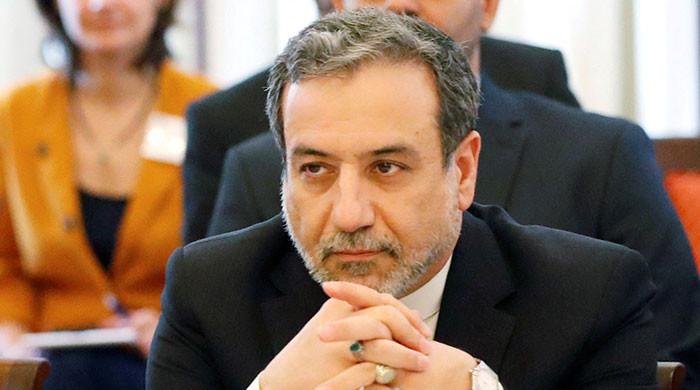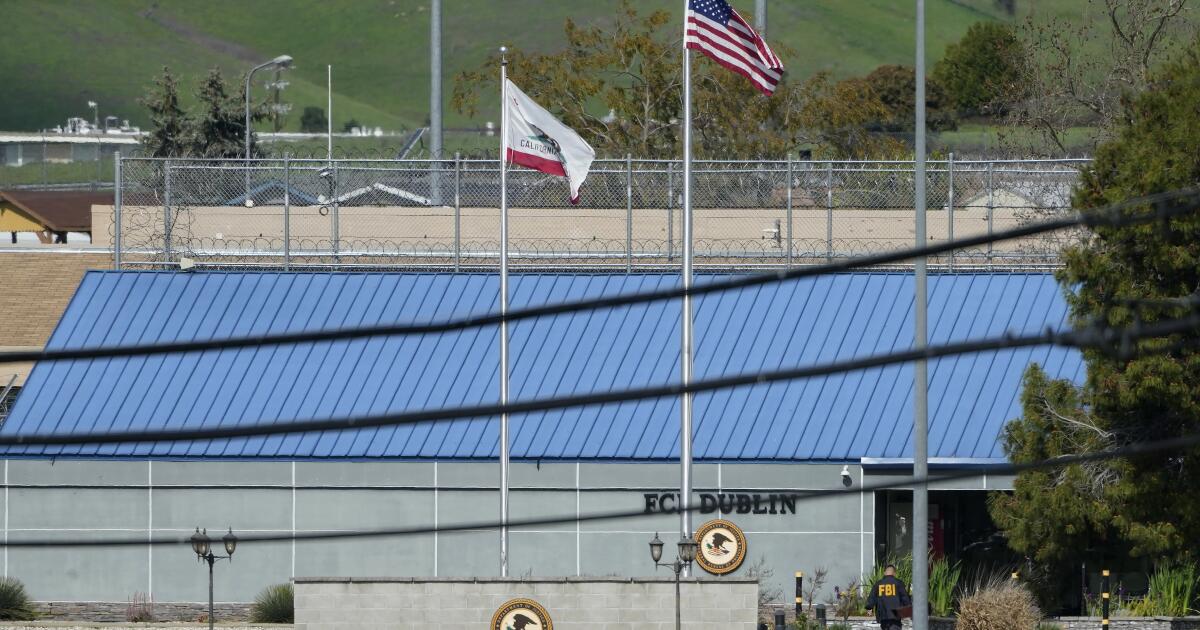Beijing sets one of its lowest targets in decades amid a housing crisis, a slowdown in exports and a declining population.
China has set its 2024 economic growth target at 5 percent, well below the double-digit growth that for decades powered the world's second-largest economy.
China's National People's Congress (NPC) officially unveiled the target on Tuesday, as its $18 trillion economy faces serious headwinds.
“We must communicate policies to the public in a well-targeted manner to create a stable, transparent and predictable political environment,” Chinese Premier Li Qiang said as he presented his first work report outlining policy goals for the year.
Li said Beijing would press ahead with “transformation of the growth model,” including through tax reform, fostering technology talent, boosting domestic consumption, removing barriers to private investment and issuing 1 trillion yuan (139 billion dollars) in special government bonds.
“We must not lose sight of worst-case scenarios and must be well prepared for all risks and challenges,” Li said.
Li said the government would aim to create 12 million new urban jobs and reach an unemployment rate of 5.5 percent.
Li also said China's military budget would rise 7.2 percent to 1.66 trillion yuan ($231.4 billion).
China's economic roadmap, which matches last year's target, comes as the Chinese economy faces multiple challenges, including a real estate crisis, a slowdown in exports, geopolitical tensions with the United States, a declining population, huge debt and record youth unemployment.
China's economy officially grew 5.2 percent in 2023, its weakest performance in decades, excluding the COVID-19 pandemic recession.
“The 'around 5 percent' growth target shows that China has moved away from pursuing a fixed figure with other policy priorities, such as technological competition with the United States and security. [gaining importance]“Gary Ng, an economist at Natixis in Hong Kong, told Al Jazeera.
“It is difficult to expect any kind of bazooka-like stimulus as the government is only looking for stability in the economy, which means the growth rate will probably slow slowly in the future.”
In his speech, Li acknowledged the “multiple challenges” facing the economy, including difficult external circumstances and “accumulated and deep-rooted problems.”
Investors are closely watching the annual meeting for announcements that will bolster confidence in the economy.
International investors have been pulling out of China at a record pace, with $68.7 billion in corporate and household capital leaving the country last year.
Analysts have tempered expectations for radical measures to boost the economy due to Beijing's aversion to broad-based social spending.
Li's speech on Tuesday came after officials announced that the premier would not hold a news conference at the end of the legislature's annual session for the first time since 1993.
The move has been seen as another example of Chinese President Xi Jinping's efforts to concentrate control in the hands of the ruling Communist Party.












